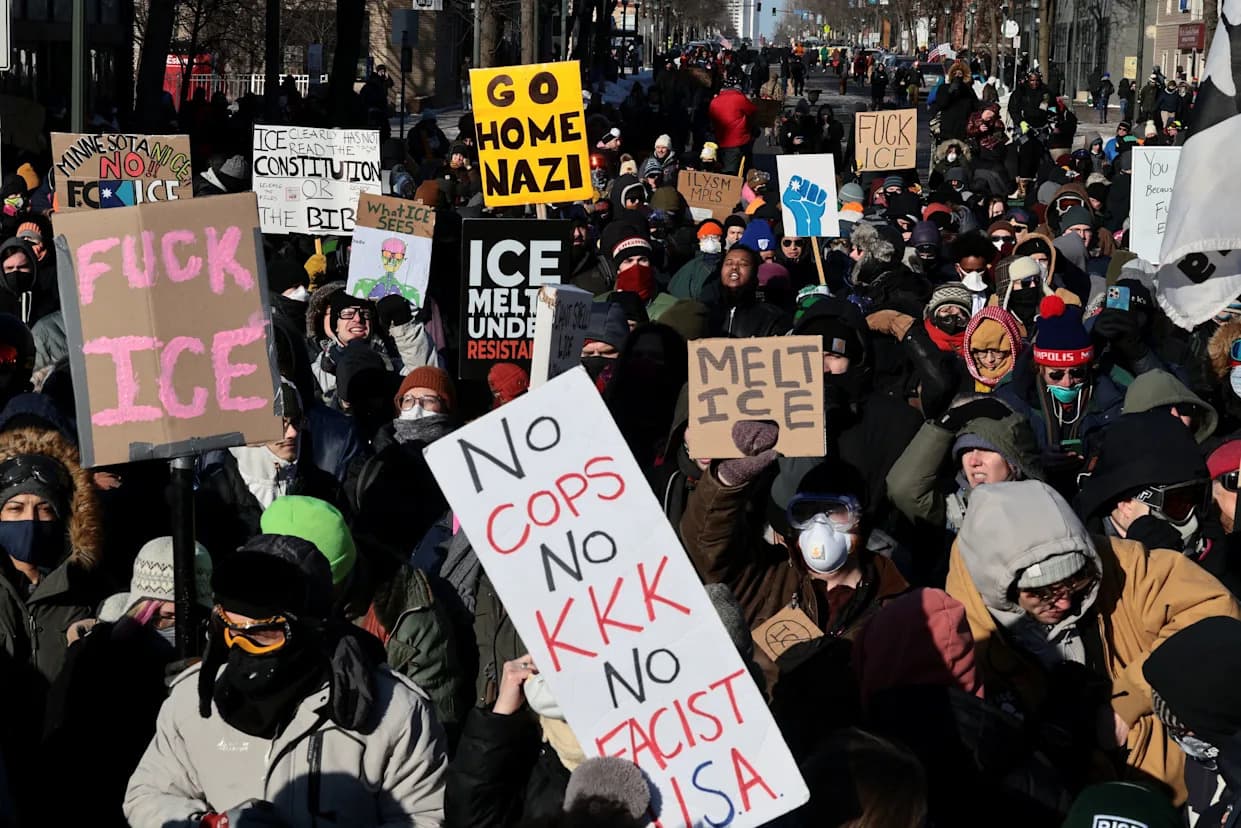Las Vegas will deploy a donated fleet of 10 Tesla Cybertrucks in November after a roughly $2.7 million gift from Ben and Felicia Horowitz. About 400 officers have been trained to operate the modified, non-autonomous trucks, which officials say are armored and valued at $80,000–$115,000 each. Critics warn the donation blurs public-private lines and raises surveillance and militarization concerns, while officials say that recall issues will be fixed before deployment and that the gift saves taxpayer dollars.
Las Vegas to Deploy Nation’s Largest Police Fleet of Tesla Cybertrucks After $2.7M Donation

Las Vegas to Begin Patrolling With Donated Tesla Cybertrucks
Las Vegas will field the nation’s largest police fleet of Tesla Cybertrucks in November after a roughly $2.7 million donation from local tech philanthropists Ben and Felicia Horowitz. Clark County Sheriff Kevin McMahill unveiled the 10 black-and-white, marked Cybertrucks at a recent press event, saying, “Welcome to the future of policing.” Drones and a police helicopter accompanied the announcement.
What the vehicles are and how they’ll be used
The department says about 400 officers have been trained to operate the modified, all-electric trucks. Each vehicle—valued at an estimated $80,000–$115,000—has been outfitted for police work with extra battery capacity, lights and sirens, ladders, shields and shotguns, and is described by officials as bulletproof. Metro plans to deploy the trucks for regular patrols and specialized responses, including barricade and active-shooter situations. Department officials say the Cybertrucks will use public charging stations and that the vehicles do not include any autonomous driving features.
Recalls, safety and regulator scrutiny
This rollout comes after a turbulent year for the Cybertruck. In March, the National Highway Traffic Safety Administration issued a recall affecting more than 46,000 Cybertrucks in the U.S. over exterior panels that could detach and create road hazards. In late October, Tesla announced an additional recall affecting more than 63,000 Cybertrucks for front lights deemed excessively bright. Federal investigators have also opened a probe into Tesla’s driver-assistance software following reports of cars running red lights or driving on the wrong side of the road. Las Vegas police say the recalled issues will be resolved before these Cybertrucks enter service and that the donated vehicles do not include self-driving systems.
Concerns over private donations and surveillance
The donation has renewed debate about private influence in public policing. Critics and civil liberties groups warn that accepting high-profile tech gifts can blur the line between public agencies and private interests and may boost corporate branding. Laura Martin of the Progressive Leadership Alliance of Nevada Action Fund said the trucks’ aggressive styling “seems like they’re designed for intimidation and not safety.” Athar Haseebullah of the ACLU of Nevada expressed worry about surveillance capabilities and whether police data could be accessed by private firms, noting a separate incident in which Tesla provided granular driver data after a Cybertruck explosion in Las Vegas earlier this year.
“There’s not going to be really any distinct or noticeable advantage… other than the fact that it’s a free vehicle and it saves the taxpayers money,” said Ed Obayashi, a California special prosecutor who studies police practices, noting that private donations to law enforcement are common and generally legal unless barred by local law.
The donors and prior contributions
The Cybertruck donation came from Ben and Felicia Horowitz, who live in Las Vegas. The couple previously contributed an estimated $8–$9 million to Project Blue Sky, Metro’s drone program, and funded other department technologies such as emergency-call systems and license-plate readers—some of which are products from companies tied to investments by Andreessen Horowitz (a16z), the firm Ben Horowitz co-founded. The Horowitzes did not respond to requests for comment for this article, though Ben Horowitz has written publicly about the couple’s interest in supporting public safety.
What happens next
Metro officials say the donated Cybertrucks will be inspected and updated as needed to address recall concerns before they are deployed. Supporters argue the vehicles improve officer safety, offer sustainability benefits and save taxpayer money; opponents worry about the optics of corporate donations, potential surveillance implications and the message sent by armored, militarized-looking vehicles on city streets. Sheriff McMahill framed the fleet as part of a broader commitment to public safety and innovation.
Help us improve.




























